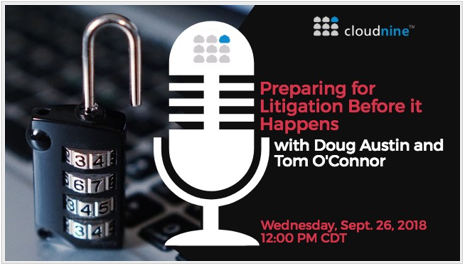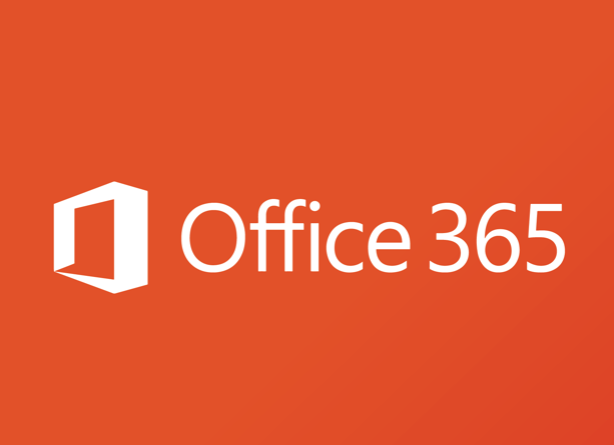University of Florida Brings eDiscovery Teachings to a Chinese University: eDiscovery Best Practices
Needless to say, eDiscovery is becoming more global than ever and we’ve certainly seen a lot of instances where non-U.S. legal practitioners have to not only better understand U.S. discovery obligations, but also understand the methodologies and technologies associated with managing eDiscovery. One U.S. university recently spent some time bringing some of those teachings to a university in Nanjing, China.
As covered in Legaltech News® (University of Florida Brings E-Discovery Expertise Abroad With Chinese University Partnership, written by Rhys Dipshan), the University of Florida’s Levin College of Law recently partnered with Southeast University in Nanjing, China, to launch an intensive two-week course aimed at educating local law students on U.S. eDiscovery laws and practices. William Hamilton, legal skills professor and executive director of the University of Florida’s E-Discovery Project, led the course, which took place at Southeast University during the last two weeks of August.
Transmitting Hamilton’s wealth of eDiscovery knowledge to the 68 undergraduate and graduate Chinese students who attended the class, and who were all used to a vastly different legal culture, was a challenge. “The e-discovery process is not intuitive to Chinese students,” Hamilton said. So, he had an idea about how to explain this complex subject matter to e-discovery novices: stick to concrete, real-life examples.
Hamilton designed the two-week course around a fictional cross-border e-discovery case. “We set up the course as though we were in the trenches, and I think that was very helpful for the students to see the context right away, instead of starting with relatively abstract concepts.” As a result, the cross-border eDiscovery case that Hamilton created was loosely based on actual litigation he handled years ago as a practicing attorney in Florida and involved two fictional companies: “U.S. Computer” and “Nanjing Electric.”
“I created a mock dispute in which Nanjing had manufactured motherboards and shipped those to U.S. Computer to be incorporated into a product that was then sold to consumers. The consumer product, however, allegedly had defects in it, and the U.S. consumers were complaining and returning the product. So U.S. computer sued Nanjing Electric for breach of contract.”
Hamilton asked the class to pretend they were the law firm representing “Nanjing Electric,” and explained the U.S. legal process and e-discovery obligations they would face. From there, he moved on to teaching the students how to use e-discovery tools in preparation for the pretrial discovery.
There are talks between the two schools to extend their partnership and Hamilton noted that Southeast University is “very eager to continue to expand the relationship.” In fact, given that eDiscovery expertise is fast becoming a much-needed skill in China, he expects such collaborations to become more common in the future.
So, what do you think? Is your organization dealing with more cross-border eDiscovery? Please share any comments you might have or if you’d like to know more about a particular topic.

Sponsor: This blog is sponsored by CloudNine, which is a data and legal discovery technology company with proven expertise in simplifying and automating the discovery of data for audits, investigations, and litigation. Used by legal and business customers worldwide including more than 50 of the top 250 Am Law firms and many of the world’s leading corporations, CloudNine’s eDiscovery automation software and services help customers gain insight and intelligence on electronic data.
Disclaimer: The views represented herein are exclusively the views of the author, and do not necessarily represent the views held by CloudNine. eDiscovery Daily is made available by CloudNine solely for educational purposes to provide general information about general eDiscovery principles and not to provide specific legal advice applicable to any particular circumstance. eDiscovery Daily should not be used as a substitute for competent legal advice from a lawyer you have retained and who has agreed to represent you.








